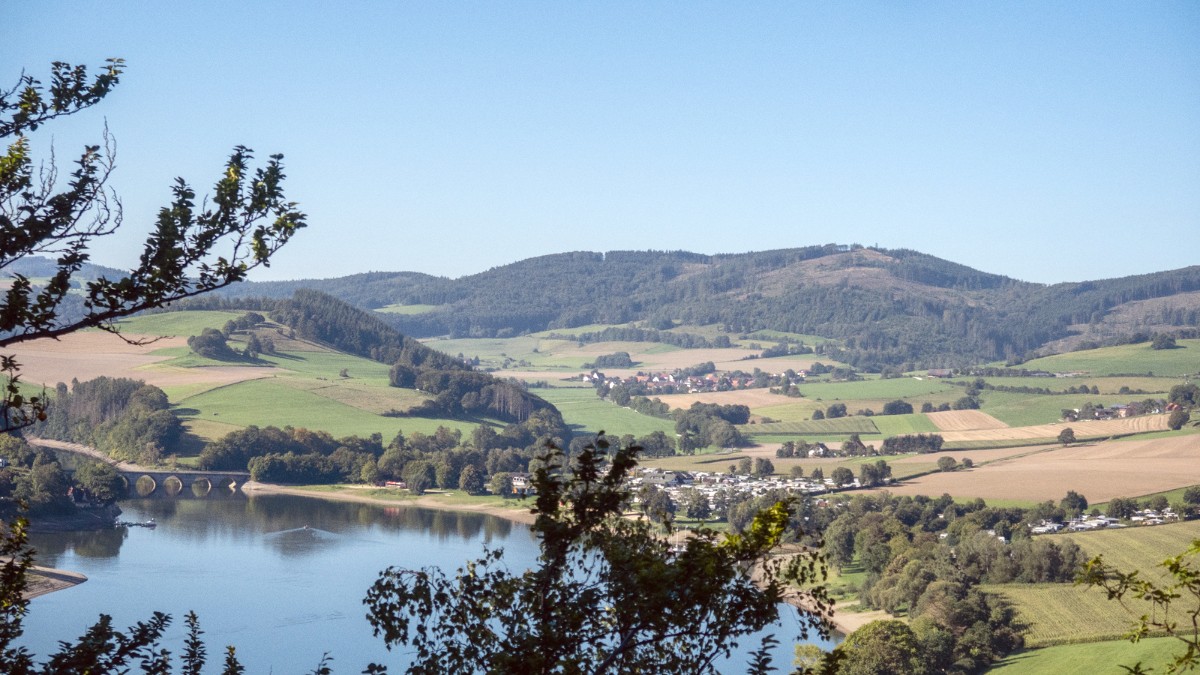
Germany
Sauerland's network relies mainly on regional trains operated by Deutsche Bahn (DB Regio) and an extensive system of local and regional buses. These services integrate into various transport associations, like WestfalenTarif and NRW-Tarif, which govern ticketing and fare structures across larger areas.
This integration means you can often use a single ticket for different modes of transport within a specific zone. The system connects major towns like Arnsberg, Meschede, Winterberg, Olpe, and Plettenberg, and regional bus routes extend to connect smaller villages and rural areas.
Main hubs are in larger towns (Arnsberg, Meschede, Winterberg train stations). Online planners like DB Navigator and local transport websites are useful. Physical maps at stations or tourist info.
Services run less frequently evenings/weekends, especially rural buses. Some routes have limited or no service Sundays/holidays. Check schedules in advance.
Newer trains/buses are designed for wheelchair access. Some older vehicles/smaller stations may have limits. Research routes and contact authorities for specific needs.
Real-time info, route planning, mobile tickets.
Public transport routing and schedules.
Double-check for rural routes, late-night service.
Stamp physical tickets in yellow/red boxes.
Taxis provide a convenient option for direct travel, especially when public transport is limited or for reaching specific destinations. Ride-sharing services are less common in the region.
Maximum flexibility, direct access to all areas, convenient for luggage and group travel.
Eco-friendly, scenic way to explore, active and healthy. Limited range, weather dependent.
Extends range, makes hills easier to conquer, less physical effort. Higher rental cost, still limited range.
Sauerland is a paradise for walkers and cyclists, offering extensive networks of trails and paths that showcase the region's natural beauty.
Local tour operators may offer bus excursions to popular attractions or scenic drives within Sauerland.
Typically full-day or half-day guided tours.
Large lakes like Möhnesee, Biggesee, and Sorpesee offer various water transportation options, mainly for recreation.
Scenic boat cruises and boat rentals available.
Chairlifts and gondolas operate at ski resorts, specifically in the Winterberg Skiliftkarussell area.
Transport skiers in winter, offer scenic rides in summer.
Sauerland offers a variety of transport options tailored to different travel styles and preferences.
Fly into major German airports like FRA or DUS, then connect via train or car.
Excellent road and rail networks within Germany for direct access.
Inquire about guest cards for discounts and public transport benefits.
Car rental provides the most flexibility for exploring diverse attractions. Public transport is reliable for connecting towns and some main sites.
For specific tours or activities, check local tourism offices upon arrival for the most current options and schedules.